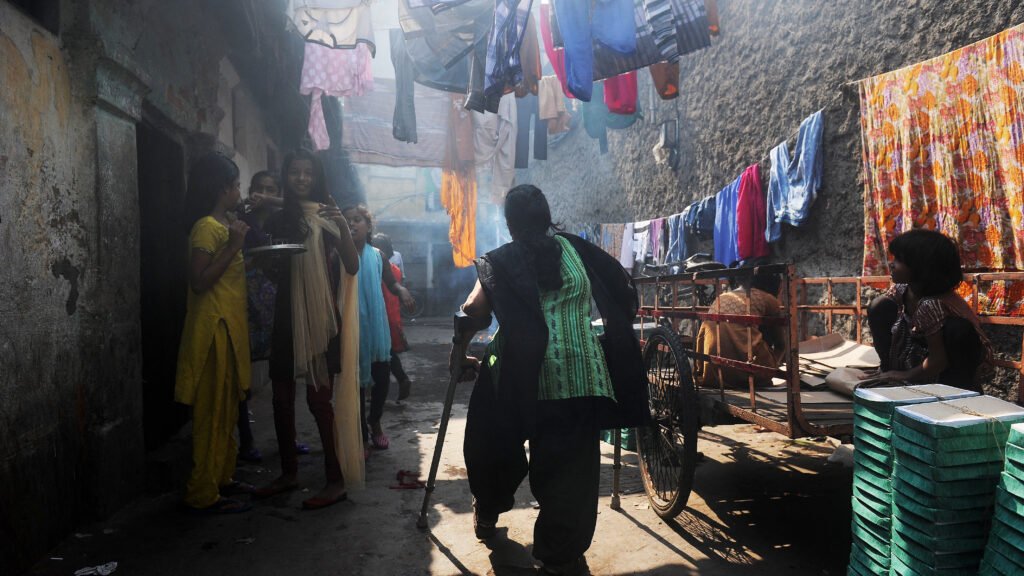Vijay Yeldandi’s childhood took a drastic turn when he was diagnosed with polio at the tender age of two in India. This debilitating disease left him paralyzed from the neck down, forcing him to learn how to walk with the help of braces and crutches. While his peers and siblings enjoyed outdoor activities like playing cricket, Yeldandi found himself confined to watching from the sidelines.
During the 1970s, India faced a staggering 200,000 polio cases annually before the widespread availability of vaccines. Yeldandi, now a professor of medicine and surgery at the University of Illinois Chicago, reflects on his personal struggle with polio and the impact it had on his childhood. The country finally achieved the remarkable milestone of being declared polio-free in 2014, marking a significant victory in the battle against the disease.
However, recent developments in the U.S., particularly with the appointment of Robert F. Kennedy Jr. as health secretary, have sparked concerns among Indians and Indian-Americans who have witnessed the devastating effects of polio firsthand. Kennedy’s history of vaccine skepticism and legal challenges against the polio vaccine approval have raised alarms within the public health community.
The anti-vaccine rhetoric and skepticism surrounding childhood immunizations have intensified, with implications for the future of public health in the U.S. While President-elect Donald Trump has reassured that the polio vaccine will remain a priority, doubts and misinformation surrounding vaccine safety persist. The Centers for Disease Control and Prevention (CDC) recommend four doses of the polio vaccine for all children, with state requirements mandating vaccinations for school entry.
Experts warn that the resurgence of anti-vaccine sentiments could jeopardize the progress made in eradicating polio and other vaccine-preventable diseases. The success of vaccination programs in preventing millions of cases of childhood paralysis underscores the importance of upholding immunization efforts. With polio being a distant memory for many in the U.S., the public may be susceptible to misinformation about vaccine side effects rather than the severity of the disease itself.
Maintaining high vaccination rates is crucial to prevent potential outbreaks and protect vulnerable populations from the spread of polio. Global consequences could arise if unvaccinated individuals in the U.S. contract the virus and transmit it to countries with lower vaccination rates. The collective efforts of the public health community are essential in ensuring that future generations do not have to endure the impact of polio, striving towards the ultimate goal of eradicating the disease for good.


